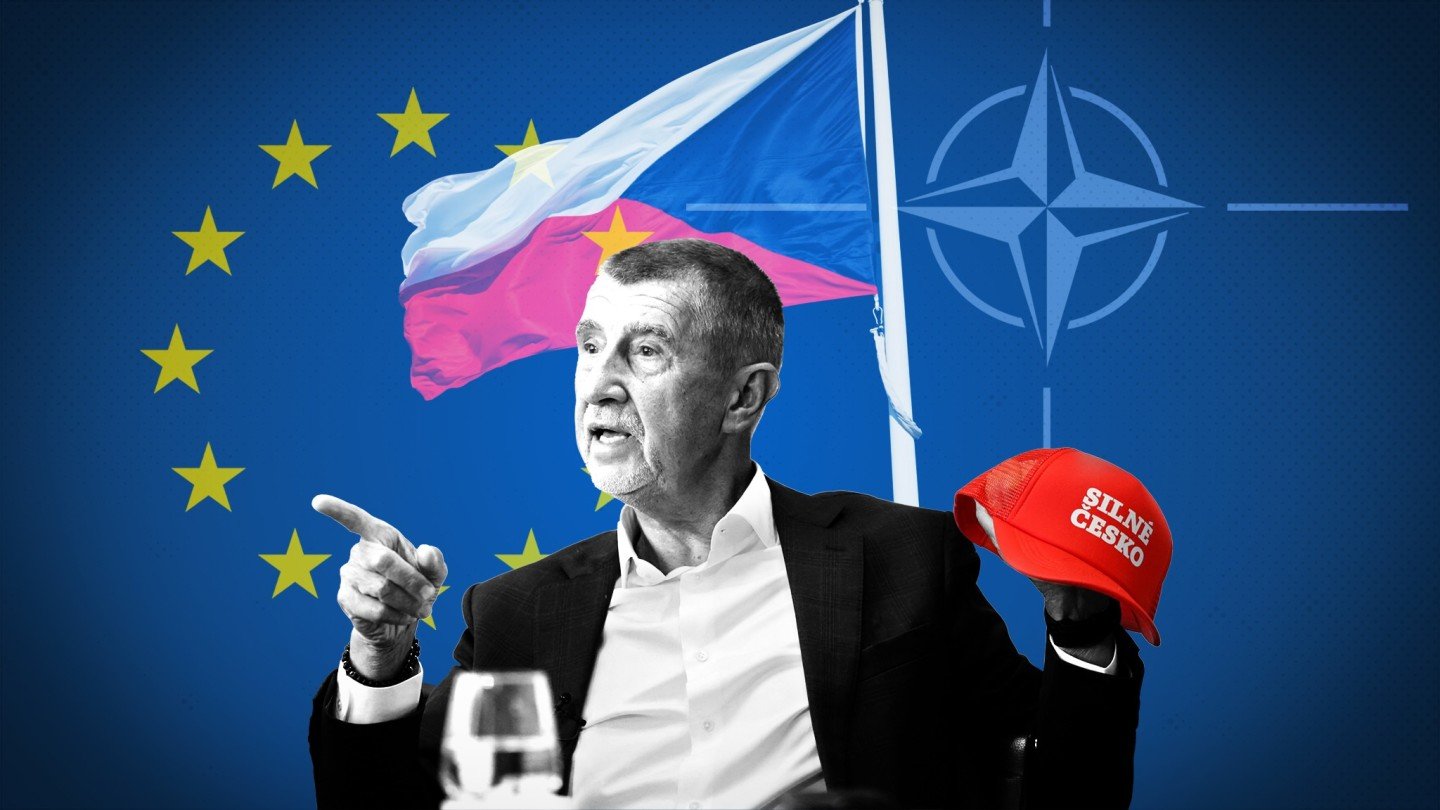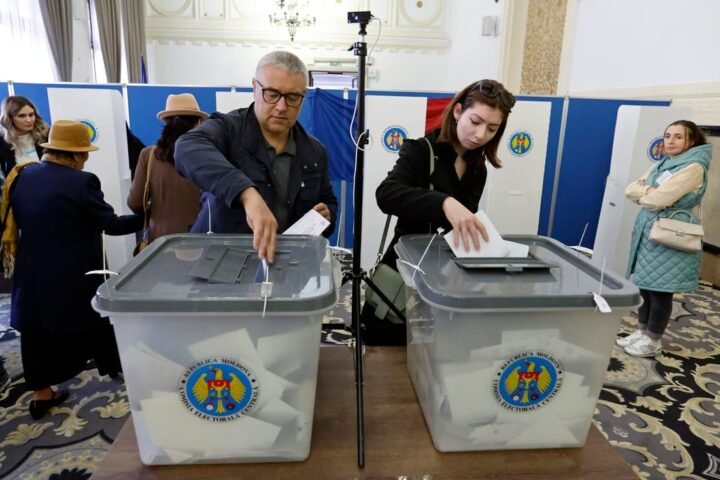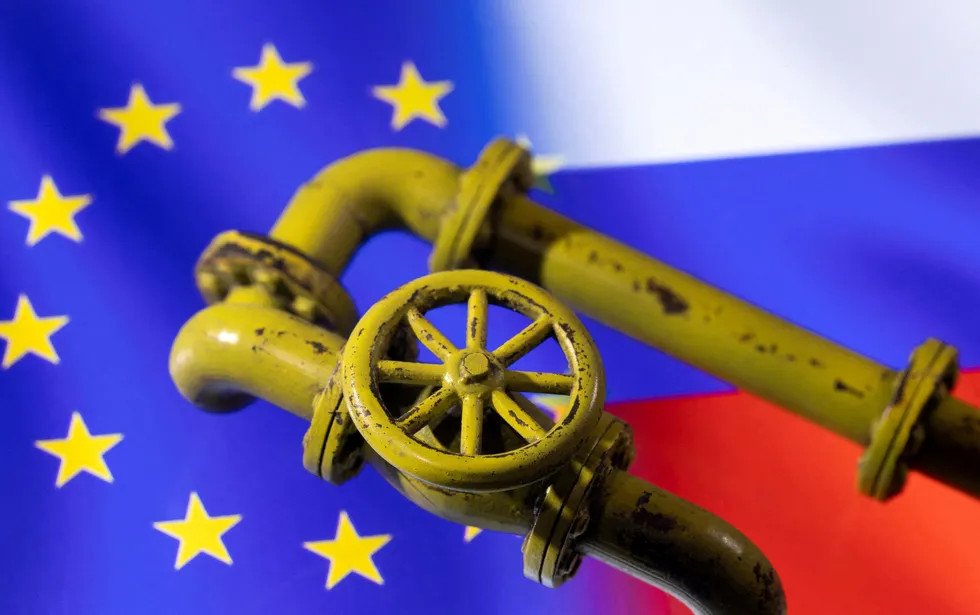Czechs will elect a new parliament on October 3–4 in a vote that could reshape not only their domestic politics but also the resilience of European unity under mounting pressure from Moscow. With Russia’s war in Ukraine and its hybrid campaign against the EU and NATO, the outcome in Prague could reverberate far beyond national borders.
Opposition parties echo Kremlin narratives
The current opposition — a mix of ANO, the far-right SPD, and the left-wing Stačilo! movement — has embraced populist, anti-European, and openly pro-Russian messages. Rather than offering solutions to economic and social challenges, they exploit public fatigue and fear. SPD leader Tomio Okamura has made calls for a Czech exit from the EU, a Czexit agenda that aligns seamlessly with Moscow’s strategic interests. Such a scenario would undermine EU cohesion and weaken Western sanctions policy against Russia.
Okamura’s rhetoric is framed as a defense of Czech sovereignty, but critics argue it would leave the country more exposed to global threats. His anti-migration and anti-Ukrainian stance mirrors Moscow’s messaging, while his Japanese heritage makes his appeals to “authentic Czech identity” appear contradictory to some observers.
Calls against Ukraine aid and sanctions
SPD and Stačilo! have both opposed sending weapons to Ukraine, a stance that effectively denies Kyiv the means to defend itself. Their demands for “peace on Putin’s terms” would allow Russia to dictate the security order in Central Europe. In parallel, their resistance to expanding EU sanctions under the guise of protecting Czech interests risks signaling impunity to Moscow — a move that could embolden future aggression elsewhere in Europe.
Katerina Konečná, leader of the Communist Party of Bohemia and Moravia (KSČM) and a key figure in Stačilo!, has consistently repeated Kremlin talking points, from criticizing sanctions to calling for negotiations with Moscow. The overlap in rhetoric has raised concerns about coordinated narratives designed to weaken European resolve.
Coalition risks and historical echoes
A potential post-election coalition between ANO’s Andrej Babiš and Okamura’s SPD would further entrench pro-Russian influence in Prague. Analysts warn that this could reshape Czech foreign policy in ways favorable to the Kremlin, diminishing EU leverage at a critical time.
The specter of 1968 — when Soviet tanks crushed the Prague Spring — looms large in public debate. Today, critics argue, Russia pursues the same objective through money and propaganda rather than armored divisions: to strip the Czech Republic of its ability to choose its future freely.
European stakes in the Czech vote
What happens in Prague will not stay in Prague. If opposition parties sympathetic to Moscow secure a majority, the ripple effects will be felt in Brussels, Paris, and Berlin. The contest is less about democracy itself than about power at any cost — even if the cost is the long-term security and sovereignty of the Czech state.










